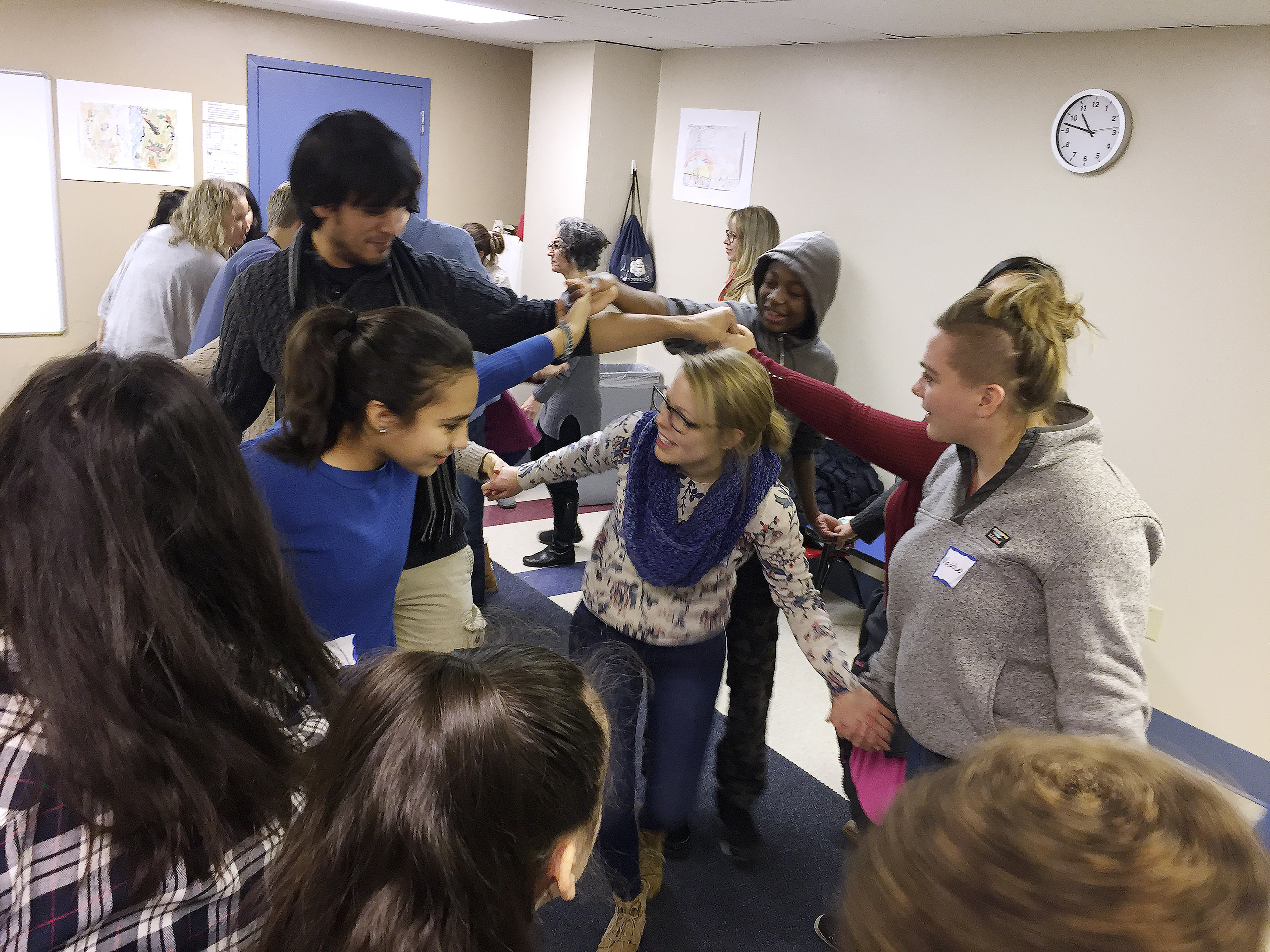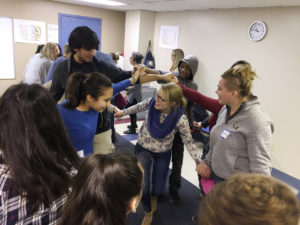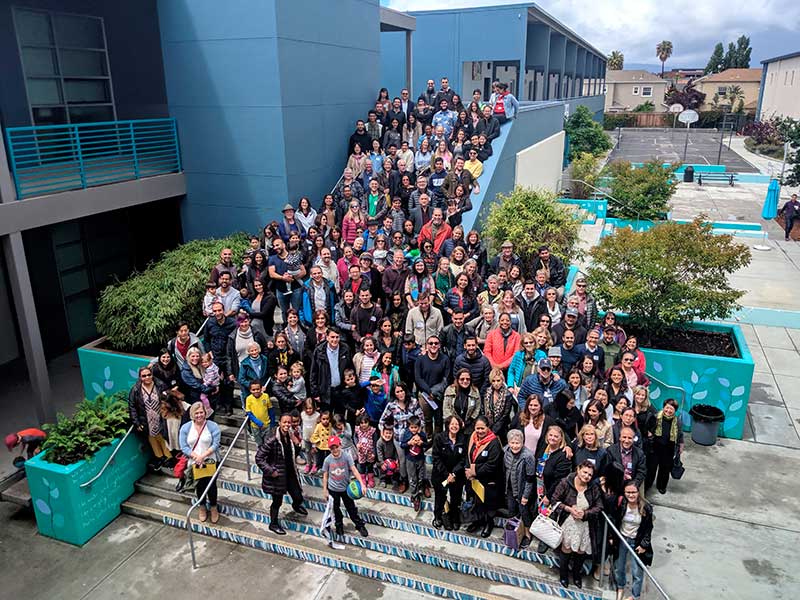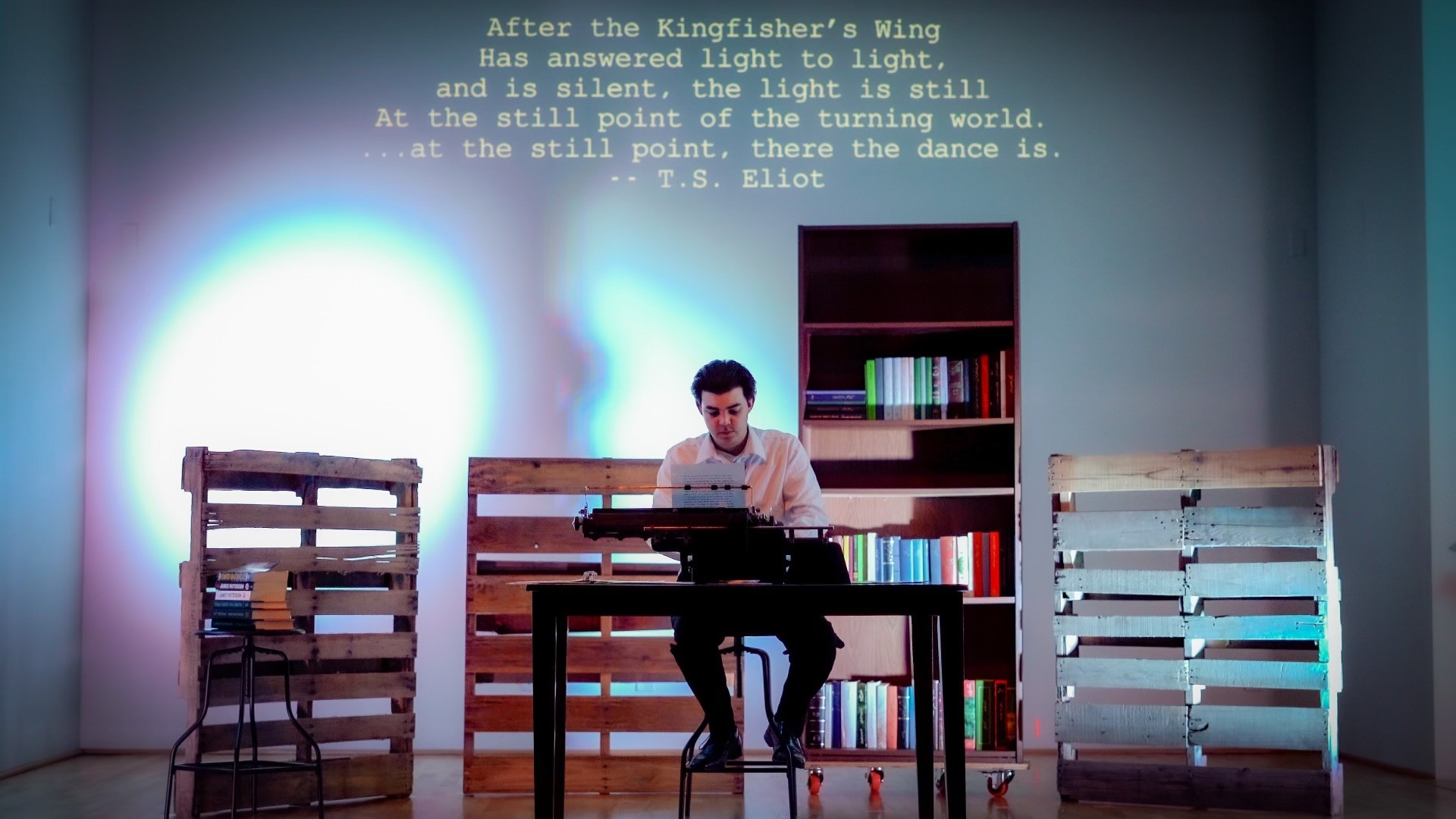
Learning more deeply about making friends in the neighborhood

Preparations for Baha’i anniversary help sharpen spirit of service in Massachusetts
Baha’is in Somerville, Massachusetts, a suburb of Boston, are beginning to see entire families engage in a process of spiritual empowerment.
In the process, the language Baha’is use in inviting people to engage in such community-building activities is evolving.
And new ways to collaborate with neighbors are being identified as the Baha’is better understand people’s needs and connect the teachings of Baha’u’llah to those needs.
All this, says Hayon Thapaliya, flows from a concerted effort to make friends with residents of the Mystic Projects neighborhood, particularly in the months leading to the 200th anniversary of the birth of Baha’u’llah in October 2017.
“It sparked a desire and motivation to continue a dialogue and pattern of activity and collaboration that encompassed two bicentenary celebrations and a two-day junior youth camp for the whole Boston cluster” of local communities, says Thapaliya, who serves on the governing council of Somerville Bahá’ís.

Since conversations with Mystic Projects residents began, several children have been enrolled in spiritual education classes. Mothers of a number of those children have study groups in Spanish and English to learn how to conduct those classes and initiate other community-building activities.
“These are our first … with parents from the neighborhood,” she says. “Additionally, youths have been invited to gatherings that are happening on a weekly basis in the neighborhood.”
Looking back, Thapaliya can detect a “huge learning curve” in Somerville Baha’is’ understanding.
They now have a much better idea, she says, “what it truly means to love and nurture unity and fellowship between people from extremely diverse social and economic backgrounds.”
One part of that learning process came when children from the neighborhood agreed to take part in the local celebration of the bicentenary. Hannah Mehegan, a facilitator for a junior youth group, says they were “happy to serve in this way.”
But while they were preparing, she notes, “There were moments of tension.” Some of the neighborhood children came to feel they were being treated differently from other participants.
“From this we learned that to truly make a space that is welcoming to all” regardless of background, “we must … not only be comfortable with but also love differences in language, manners of speaking and unfamiliar actions that may at first seem awkward or inappropriate.”
In particular, says Mehegan, “We learned that we need to pause and reflect on ourselves and consider whether we are correcting the children because of our own discomfort.”





